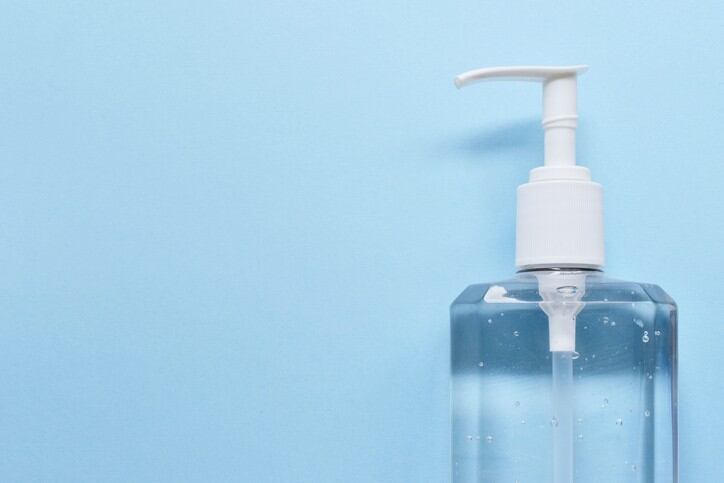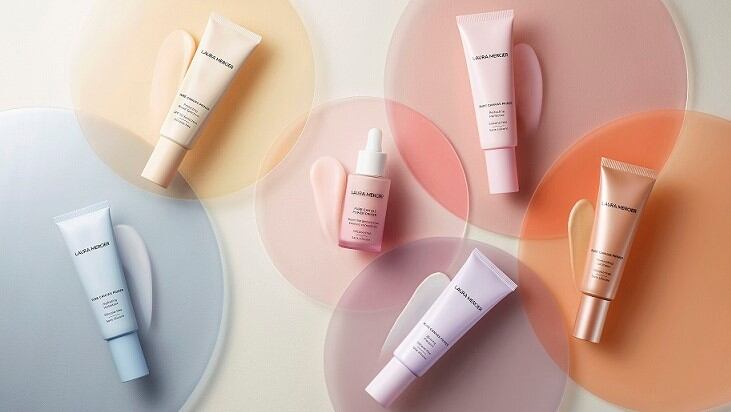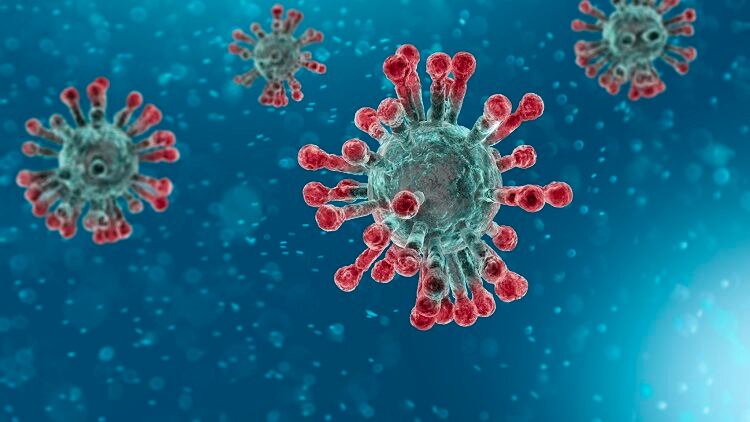By doing so, the ministry hoped to increase the availability of hand sanitisers and ease public concerns of shortages, it announced through its law firm, Baker McKenzie.
Previously, the authorities announced on September 13, 2019 that it planned to reclassify certain products as high-risk medical devices.
This list included hand sanitisers with an alcohol concentration of 70% or higher, injectable hyaluronic acid intended for use as a filler, and disinfectants with alcohol as an ingredient intended for use in humans, animals and medical devices.
The notification was supposed to come into effect on March 11, 2020. Instead, the Ministry of Public Health has decided to indefinitely postpone this transition and clarified that alcohol-based hand sanitisers would remain in the cosmetics category for now.
“The above changes will enhance product circulation in the market as well as lightening importation process and thus increase products availability locally,” it said in a statement.
Additionally, The Food and Drug Administration of Thailand declared that alcohol-based hand sanitisers with an alcohol concentration of less than 70% are prohibited from being manufactured and imported.
The government agency said this was put in place to ensure only products of high standard and quality are available to the public.
Tightening measures
The country has been experiencing a scarcity of hand sanitisers due to the COVID-19 outbreak which began spreading across the globe in January.
At the beginning of February, the Thai authorities began placing hand sanitisers and surgical masks under its list of controlled goods to prevent profiteering and hoarding.
In order to prevent smuggling, the Ministry of Commerce imposed a rule that deliveries of more than 500 pieces of hand sanitisers or surgical masks would have to be declared to the authorities.
Additionally, it began enforcing price control measures on both items.
Earlier this month, the country’s Excise Department offered tax benefits for alcohol used to make hand sanitizers
According to the National News Bureau of Thailand (NNT) Director General Patchara Anuatasilpa announced that companies can file 0% excise tax for liqueur with 80% or more alcohol content that has been processed into an ingredient to make hand sanitisers.
This special guideline would allow liqueur companies to donate their alcohol to aid the production of hand sanitisers.
According to the department, there are currently around 26 ethanol factories in Thailand. Together, they have the capacity to produce 10 million litres of ethanol a month, sufficient to produce sanitising products for the general public.
The further ease supply shortages, the FDA released a statement on March 5 encouraging citizens to make their own hand sanitiser and provided four formulation instructions to follow.
The statement stressed that homemade hand sanitisers must contain at least 70% of alcohol to be effective for disinfection.





